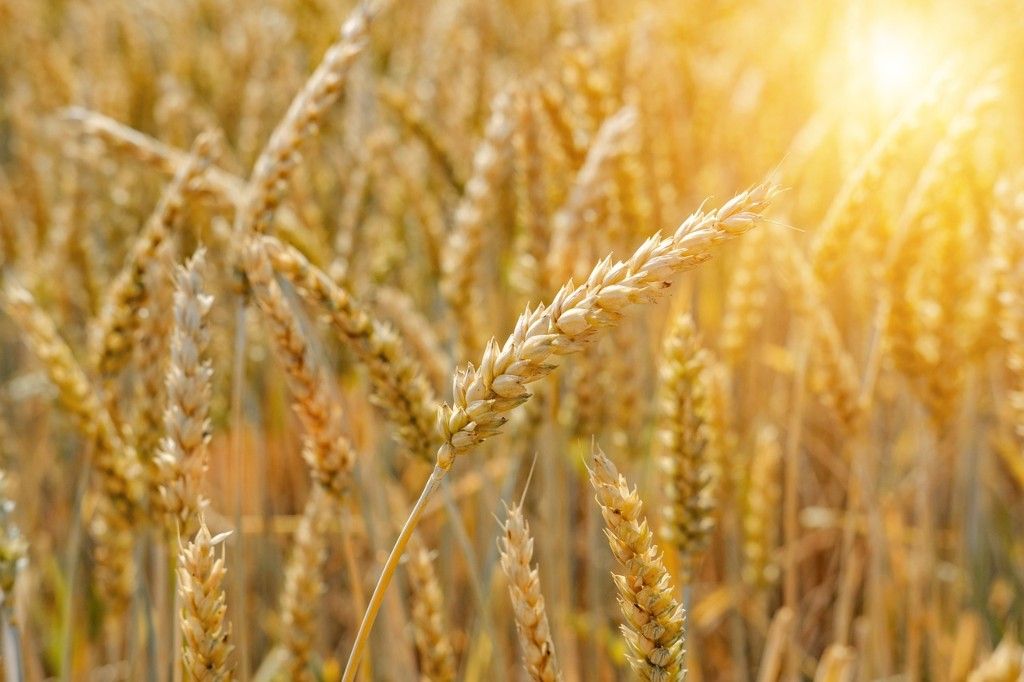"The Earth, neither compassionate nor evil, neither beautiful nor atrocious, persisted, innocent, open to pain and desire." (Czeslaw Milosz)
Alex Chambers teaches audio storytelling at the IU Media School and is an organizing fellow with We Own It, where he is working to re-energize democratic participation in rural electric co-ops. His poetry book, Binding: A Preparation, was released by Pickpocket Books and Ledge Mule Press in 2019. His next book project is based on his dissertation, Climate Violence and the Poetics of Refuge.
Welcome to the Poets Weave. I'm Romayne Rubinas Dorsey. Alex, what poems have you brought us?
Dreams of Perennial Wheat
When every morning
years in and out
you get up
to tinker
with what some call
God’s handiwork,
reaching maybe
into the soil’s gene soup—
that muddy wetness
from which almost
everything alive comes—
or pouring with a tiny
scoop the anthers’
yellow dust
into the florets
of a similar plant
whose own anthers
have been snipped off
into pollen-ready teacups,
not knowing exactly
when the roots
and the roothairs hidden
deep in the dark
and deeper will shoot
lightward, will spring up
yearly, finally,
and not only re-spring
but grow heavy,
gravid, almost,
with seeds
starch-swollen,
unshatterable till
a mill
turns to powder
what the grass
no longer needs,
surplus transformed
by plant and hand
from soil to hot bread—
when your work
is attention,
a tending,
you might
having spent your years
on a project unfinishable
in your body’s lifetime,
in that place
the plow broke once,
find, finally,
that the ground,
as it does,
has begun
to become you.
Wrought
Kansas, ’36. No snow. Gauges show a lack of rain
in counties full of prayer and a little sweat
from citizens still hacking at the ground, their knuckles
cracked and raw in the blistering economy.
In the dust-storm night the bent men sit
around a table, refusing to hope out loud,
as if the air might hear their hope and in a loud
and swirling wind, a freight train of sound and a rain
of sterile seeds, sweep it east into buckets that sit
on Wall Street, wooden, almost full. The glasses barely sweat,
even filled with ice. Dust the color of pennies
settles on their drinks. Ripples form from knuckles
that rap the table as if only swollen knuckles,
not words or work, could make up for the loud
productive ’20s when they plowed their money
into soil, populated a state where the rain
looked good and there was plenty of land for their pious sweat.
In the evenings, they say, these strong laconic men sat
watching the weave of grain, full of satisfaction
with what they’d wrought: knuckle-
sized kernels from a plow and a drop of sweat.
The Kansas fathers knew creation was a loud
and lasting assumption. But who can resist grabbing the reins
and harrowing if you’re certain of the land’s liquidity?
The wind arrived. It blew what currency
was left across the plains. The aging sons just sat
on their tractors watching a storm that had no rain.
Now dirt is seeping under doors. Their knuckles
ache from years of seeding wheat with loud
new machines and the faith they had in sweat.
Looking back, it clearly wasn’t sweat.
Still, they never say economy.
They never say a word of blame out loud.
The five men silently decide to sit,
wait out the dust, maybe crack a knuckle.
As if their drive to shape had stopped the rain.
The youngest speaks out loud. I just can’t sit
(he dabs at sweat) and watch our economy knuckle
under. And walks into dust that feels like rain.







